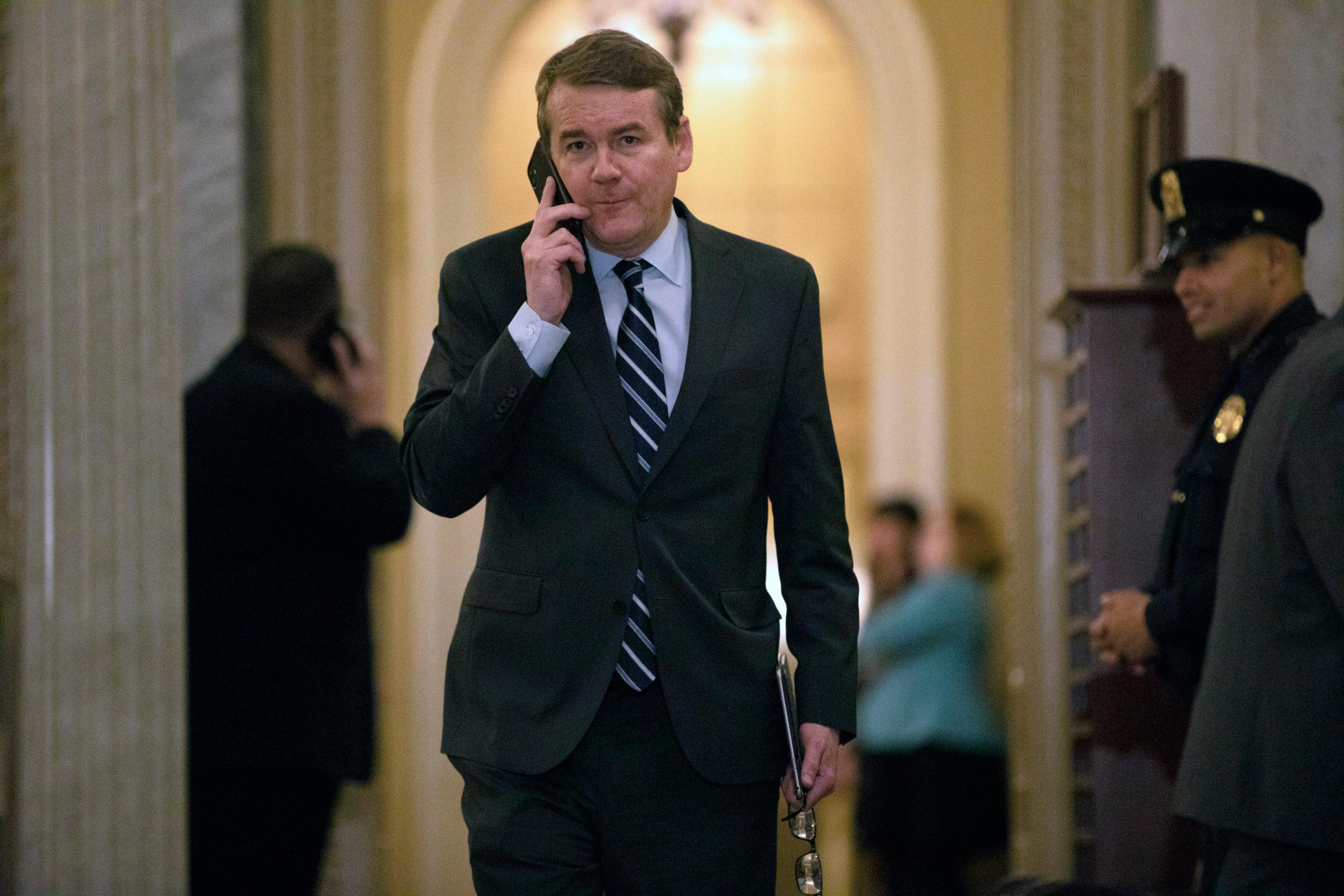
Congress is putting the finishing touches on a Phase 3 coronavirus relief package, but one big hurdle remains. The vote — or rather how Congress should vote.
Leadership in both chambers has played down the idea of remote voting. But as more and more of the country hunkers down and works remotely, a growing number of rank-and-file members argue something similar should be considered for the U.S. Capitol too.
Republican Sen. Cory Gardner said via Skype that he’s supportive of the idea. Gardner and Democratic Rep. Jason Crow have had to self-quarantine after meeting with a constituent who tested positive for COVID-19. And while Crow and the House delegation are back in their Colorado districts right now, Gardner has been in D.C. working, and not able to vote.
“I think if we can protect it, if we can do it right, if we can make sure the procedure is right,” remote voting should be considered Gardner said. “But again there’s a lot of things that have to be safeguarded and a lot of protections that have to be built in.”
The Senate has practiced social distancing for votes, such as limiting the number of senators on the floor and lengthening the time for the vote.
The House, which would have to come back from recess to vote on the measure, is considering similar precautions.
For now, congressional leaders are hopeful the measure will pass by a process called “unanimous consent,” which does not require an in-person vote. But all it would take to derail passage is a single lawmaker objecting. Both of the previous two packages, with smaller price tags and less acrimonious debate, had lawmakers vote against them.
Rep. Joe Neguse, who is a part of the House leadership team, believes there are “legitimate arguments” for remote voting. “I suspect we're going to have some robust debates and discussions about remote voting,” he said.
Adding fuel to this debate is a House report released late Monday that found remote voting would have security, logistical and constitutional challenges. The report supports using the longstanding practice of unanimous consent or voice vote, neither of which would require a recorded vote. But that process is usually reserved for the least controversial of measures, not complex and controversial multibillion dollar stimulus packages.
Several congressional offices have already started working remotely without much disruption. Republican Rep. Scott Tipton supports looking at alternative ways to vote, but thinks it should come with a lot of guardrails. “This should only be done in times of crisis when there is an immediate risk to health or safety,” he said.
Democratic Rep. Diana DeGette doesn’t like the idea of remote voting either, but acknowledges “there’s always an exception to a rule.” She points out that many members of Congress are over the age of 60 and have underlying health conditions, increasing the risk should leadership continue with in-person votes.
“We need to be safe, we need to model good behavior for our constituents,” DeGette said. “So if they figure out a way to do it remotely that will allow [the phase 3 package] to get passed and protect people’s health, I would probably do that.”
Democratic Sen. Michael Bennet doesn’t think remote voting is ideal, according to his spokesperson “but in a moment like this we've got to consider every option to allow the Senate to function and do the work necessary to protect the American people.”








